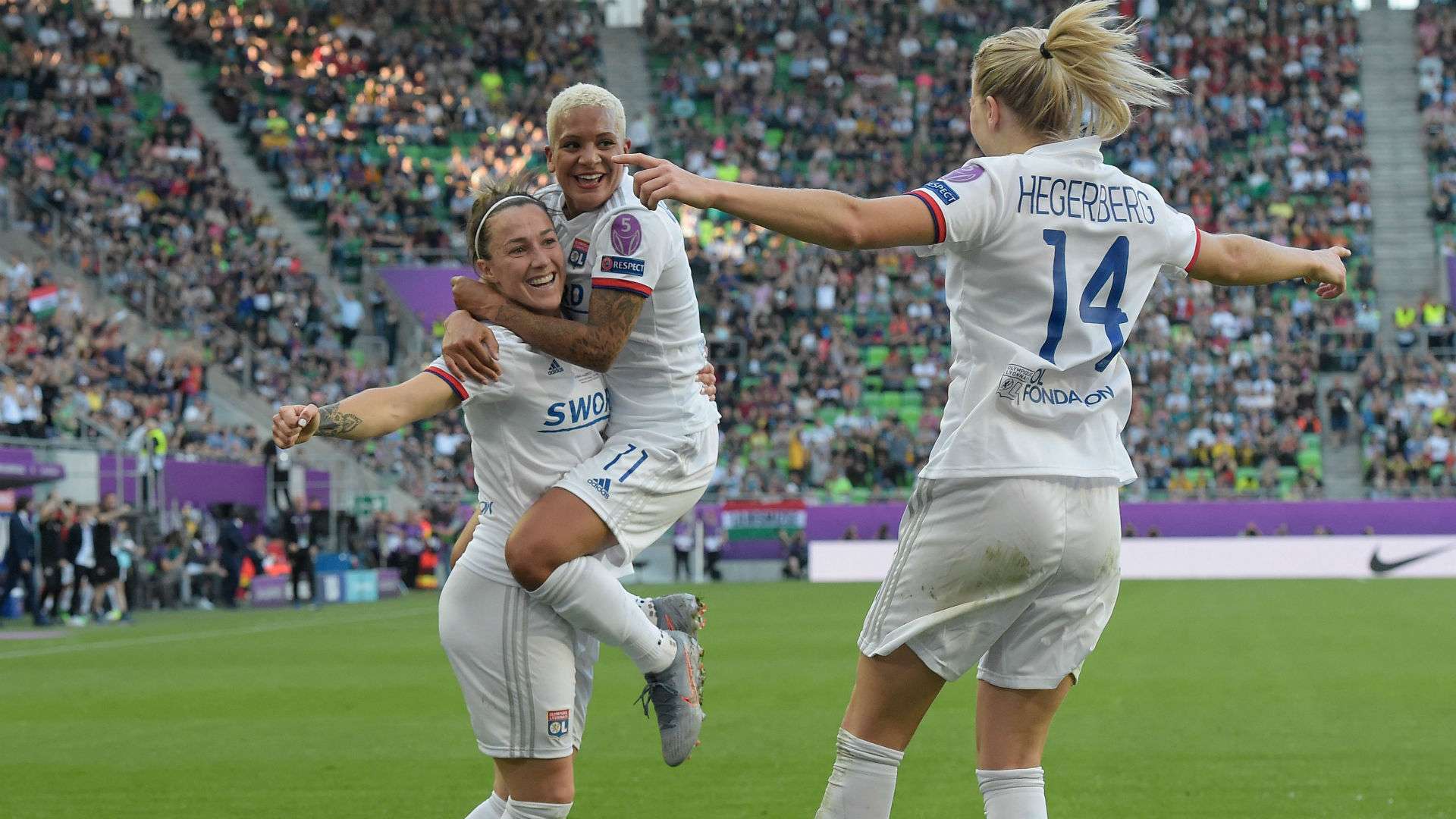UEFA announced on Wednesday that the Women's Champions League will undergo significant changes to be introduced in 2021/22.
The competition will now feature a 16-team group stage as well as centralised marketing and TV coverage, producing a 20 per cent increase in the total number of matches played throughout the tournament.
Additionally, the top-six ranked countries, Czech Republic, England, France, Germany, Spain and Sweden, will all get three qualifying spots rather than two while those ranked seven to 16 will each enter two. All other nations will enter their domestic champion.
Currently, the tournament features a 32-team knockout tournament, with the round of 16 now being replaced by a group stage that will see four groups of four teams play each other home and away. The top two teams in each group will then progress to the quarter-final round.
The group stage of the tournament will be preceded by two rounds, which will be split into a league path and champions path similar to the one featured in the men's tournament.
The first round will be played as knockout mini-tournament with a semi-final, a third-place match and a final while the second round will be played as home-and-away ties.
Round one will be played in August, while the second stage will take place in August and September.
The group stage, then, will be played from October to December with the knockout phase running March through May with the final being held one week prior to the men's Champions League finale.
In addition, the tournament will be centrally marketed by UEFA, with the federation currently only responsible for marketing the final. In recent years, the home sides have been responsible for all other matches.
With the new format, the media rights will be centralised from the group stage onwards, with UEFA in charge of producing each match for television or online streaming.
Additionally, sponsorship rights will be partially centralised for UEFA women’s football partners, starting at the group stage.
Format changes come after UEFA recently signed a deal with Visa to be the main sponsor in women's football until 2025.
The current format has been criticised by both fans and players alike, with Lyon star Eugenie Le Sommer among those going on record to state that the tournament needs a boost in visibility and consistency.
